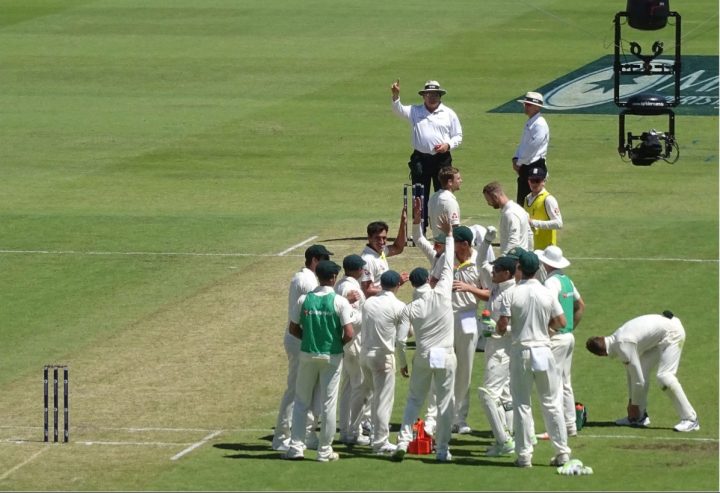Within the next few the ECB will announce their appointment of England’s new Team Director. And what an awesome foursome they have to choose from. English cricket, with all its wealth and pulling power, aided by expensive head-hunters, have come up with a four-man shortlist which comprises:
– A bloke who’s been rubbish as the ODI coach.
– A bloke who’s already had a go at the job, and was fired for being crap.
– A middle-ranking county coach.
– An obscure Australian.
One of this dismal quartet will end up with the job. And what a task they face. Giles Clarke insists that English cricket is “not in a crisis”. He probably still thinks Liberace was an incorrigible ladies’ man.
The truth is that we are at a uniquely low ebb, and the new coach has their work cut out. So what’s their way forward? Here’s the TFT guide to what should be in the new gaffer’s in- tray.
1. Be a coach, not a manager Players, management, supporters – to a man we’ve sleepwalked into mission creep when it comes to the scope of the Team Director’s role. He is not a football style manager. The coach is there to, well, coach.
He’s supposed to help the players improve their skills and effectiveness, but by empowering them, not principally by issuing orders. You get the feeling that towards the end of Andy Flower’s reign he was micro-managing every minutiae of the players’ waking lives. That needs to stop: the players must take responsibility for themselves and their own cricket. And on-field strategy is squarely the job of the captain. Which brings us to…
2. Re-boot Alastair Cook At the moment, his captaincy is hanging by a thread, and sacking players who stand up to him will only make things worse. Cook has never looked like he enjoys being captain. Neither does he come across as a deep thinker about the game. So he must be encouraged to view his role in a different way, and draw some inspiration from Michael Vaughan’s approach. Vaughan saw the art of captaincy, and man-management, as challenges to be appreciated and even enjoyed in their own right. By contrast, Cook has the careworn and distracted demeanour of a man worrying if he left the iron on. And speaking of enjoyment…
3. Put the fun back Test cricket involves hard work and discipline, but there comes a point where rigour and focus turn the players into joyless dullards who play by rote, not instinct. And I suspect this is exactly what happened in Australia. We approached the series with our usual attritional and workmanlike modus operandi. But when things began to go wrong, the players couldn’t think of anything else to do but try harder to stick to their plan. As a result they froze, and then they panicked.
Better, surely, for the players to express themselves and play naturally. Much as I hate him, just look at David Warner. If our team relaxed a little and enjoyed batting and bowling their own way, for their intrinsic merits, the more likely that their talent will come to the surface, rather than being suppressed. The result, you’d guess, would be better shot selection for the batsmen, and greater penetration for the bowlers. You should pick someone for the player he actually is, not the one you want him to be.
4. Speak in plain English No more hiding behind management jargon and euphemism, please. We won’t get anywhere through sophistry and evasion. If the team messes up, then bloody well say so. And when they do well, say that too – and bluntly.
5. Be your own man Easier said that done, probably. The new coach takes charge within a structure precision-built to inhibit. Andy Flower will be lurking over his shoulder, in that fudgily vague new role of his. And he’ll be accountable to a stockbroker who unilaterally re-appointed the captain and sacked Pietersen. The ruthlessness Paul Downton displayed within hours of his assuming control can only serve to intimidate the incoming coach.
He must rise above all that, and run the team the way he – and Cook – want to. He must trust his judgement and brook no interference, however subtle. As Alan Hansen might have said, you’ll win nothing with a yes-man.









C’mon Maxie, does it really hurt that much to talk about an Australian without a literary sneer?
I would suggest that, of all the candidates, Trevor Bayliss is the only man who would deliver on the criteria you posted.
To describe him as obscure says a lot more about you than him.
Bayliss is a great coach. I think the point Maxie is making is that he’s obscure from an English perspective. Bayliss has no experience or exposure to county cricket whatsoever. There were lots of Aussie coaches linked with the role who do have that experience (tom moody, Jason Gillespie being two of them) so from that perspective Bayliss was the most obscure man to put on the shortlist.